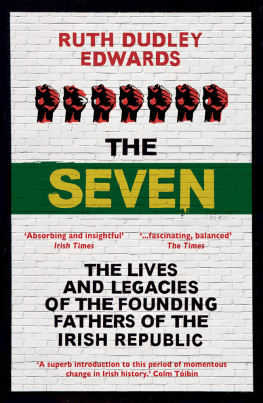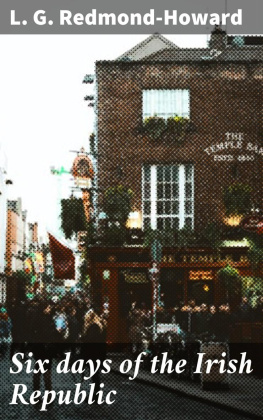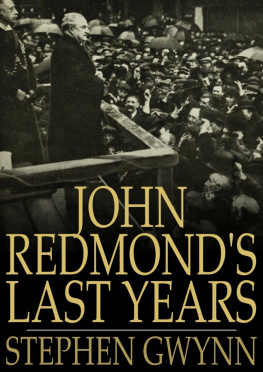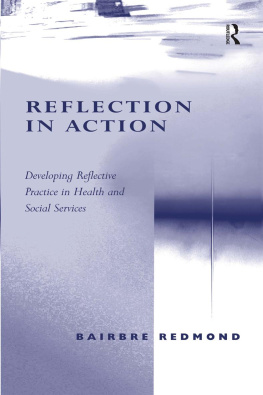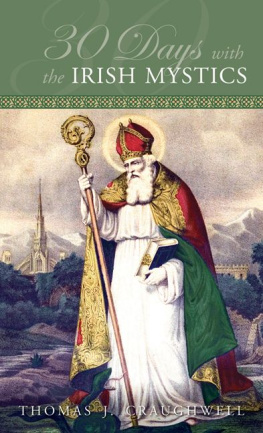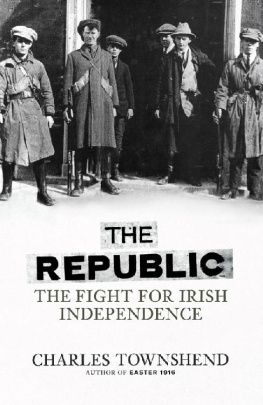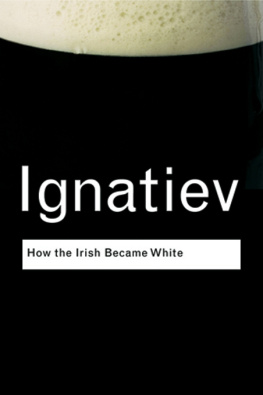INTRODUCTION
The following pages are an attempt at a simple narrative and criticism of what must appear the most inexplicable occurrence in Irish history.
The climax of a century of arguments, futile only because of the proverbial dullness of the race to which they were addressed, the rising has lifted the Home Rule controversy at one stroke from the region of the village pump into the very midst of the counsels of Europe, for it was a challengeof madmen, if you liketo the greatest Empire in the world, at the very moment of its gravest crisis, upon the most fundamental portion of its policy of interference with the affairs of the Continent, namely, England's claim to be the champion of small nationalities.
Unless Ireland can be shown to be held by her own free consent, in perfect contentment, the whole of our contention falls to the groundfor our policy in Ireland is only in microcosm our policy of Empire; and Germany will be able to point the finger of scorn and ridicule at us, and prove thereby to France and Russia that, tyrants at home, we only used them to fight a battle we dared not fight alone.
I say nothing here of the motives that inspired the rebels, nor the immediate causes that provoked them to rise, nor the nature of the methods by which they were "stamped out"; I only state the moral of their failure, and I must take this opportunity to thank Lord Decies, the official Press censor, for the freedom with which he has allowed me to speak at what I feel to be a very critical juncture in the history of my country and of our common Empire; for I have gone upon the principle that it is far better to distribute the blame all round than to try and make the Sinn Feiners the scapegoats of faults which each party contributed towards the catastrophe.
There never was, I believe, an Irish crimeif crime it can be calledwhich had not its roots in an English folly; and I repeat here what the late Mr. Stead always impressed upon me: Ireland is our school of Empire, and the mistakes which would lose us Ireland would lose us the Empire.
It is England's move next: we have protested in blood; the eyes of Europe await her decision.
At the same time I cannot help blaming Irishmen as well for the catastrophe, for politicians of all parties have been tending towards isolating their followers in the old ancestral bigotries, instead of drawing them together in sympathy, as Mr. William O'Brien has been advocating for years, with the result that we are now threatened with permanent constitutional separation for another generation.
It is a mistake which all the younger men deplore, and which could easily have been avoided by bringing in the men of Ulster into the national deliberations, as they have every right, in the name of their Southern followers, and then giving them the option to veto the application of any measure to their own districtswhich would have been the best guarantee of justice which the Nationalists could have given and the most they had a right to expect of England, whose political position of dependence upon the Irish vote is a scandal of empire.
These things, however, are beyond the scope of the present pages, and I shall confine myself with thanking those of my many friends who have helped me in compiling this volumenotably Councillor Keogh, who was with me during the Battle of Mount Street Bridge, and others, whose criticisms helped me considerably. Likewise I must thank my publishers and Mr. O'Keefe, of O'Keefe's Press-cutting Agency; and Mr. George Atkinson, who designed the cover, and Mr. Crampton Walker; and also Mr. Marsh, the manager of the Coliseum, with whom I had several dangerous adventures while in Sackville Street; and lastly, those among my Sinn Fein friends who enabled me to get an inner view of a movement to which I have endeavoured to do the best of justicethat of a true statement of their intentions.
L. G. REDMOND-HOWARD.
T.C.D.,
1916.
CHAPTER THE FIRST
A BOLT FROM THE BLUE
Those who were in Dublin on Easter Monday 1916 were privileged to witness a scene which for dramatic setting and for paradoxical conception is certainly the most extraordinary of any of the long line of rebellions in Irish history, for at a time when it seemed almost universally admitted that "Separatism" was from an economic, racial, and military point of view utterly impossible, there suddenly arose without warning, without apparent reason, and as if from nowhere, a body of men, fully armed and completely organized, who within the space of a single hour had captured every strategic point in the capital, and to its utter amazement held it up in the name of a new "Republic," in much the same way as a highwayman of old used to hold up coaches on Hounslow Heath.
It was in very deed a bolt from the blue. The first intimation that the general public got of the rising was the sudden spread of the wildest rumours"Dublin Castle has just been taken by the Irish Volunteers," "The Post Office has been captured by the Sinn Feiners," "Soldiers and police are being shot at sight," "Larkin's Citizen Army are firing on women and children," but, for the most part, these rumours were discredited as impossible, at most being put down as some accidental clash between military and civilians, and it was only as people rushed into the street and heard the stories of the encounters first-hand that they began to realize that anything unusual was taking place.
Bodies of armed men had indeed been remarked in unusually large numbers in the streets all the morning, increasing and concentrating towards twelve, but everyone had grown so accustomed to these demonstrations for the past three years, since they had been inaugurated in Ulster by Sir Edward Carson, that nobody had taken any particular notice.
People merely remarked that it was rather strange, in view of the abandonment of the "Easter manuvres" which had been organized for Sunday, and which had been cancelled at the last moment, late on Saturday night, by special order of Professor Eoin MacNeill, editor of the Irish Volunteer, which ran: "Owing to the very critical position, all orders given to Irish Volunteers for to-morrow, Easter Sunday, are hereby rescinded, and no parades, marches, or other movements of Irish Volunteers will take place. Each individual Volunteer will obey this order strictly in every particular."



